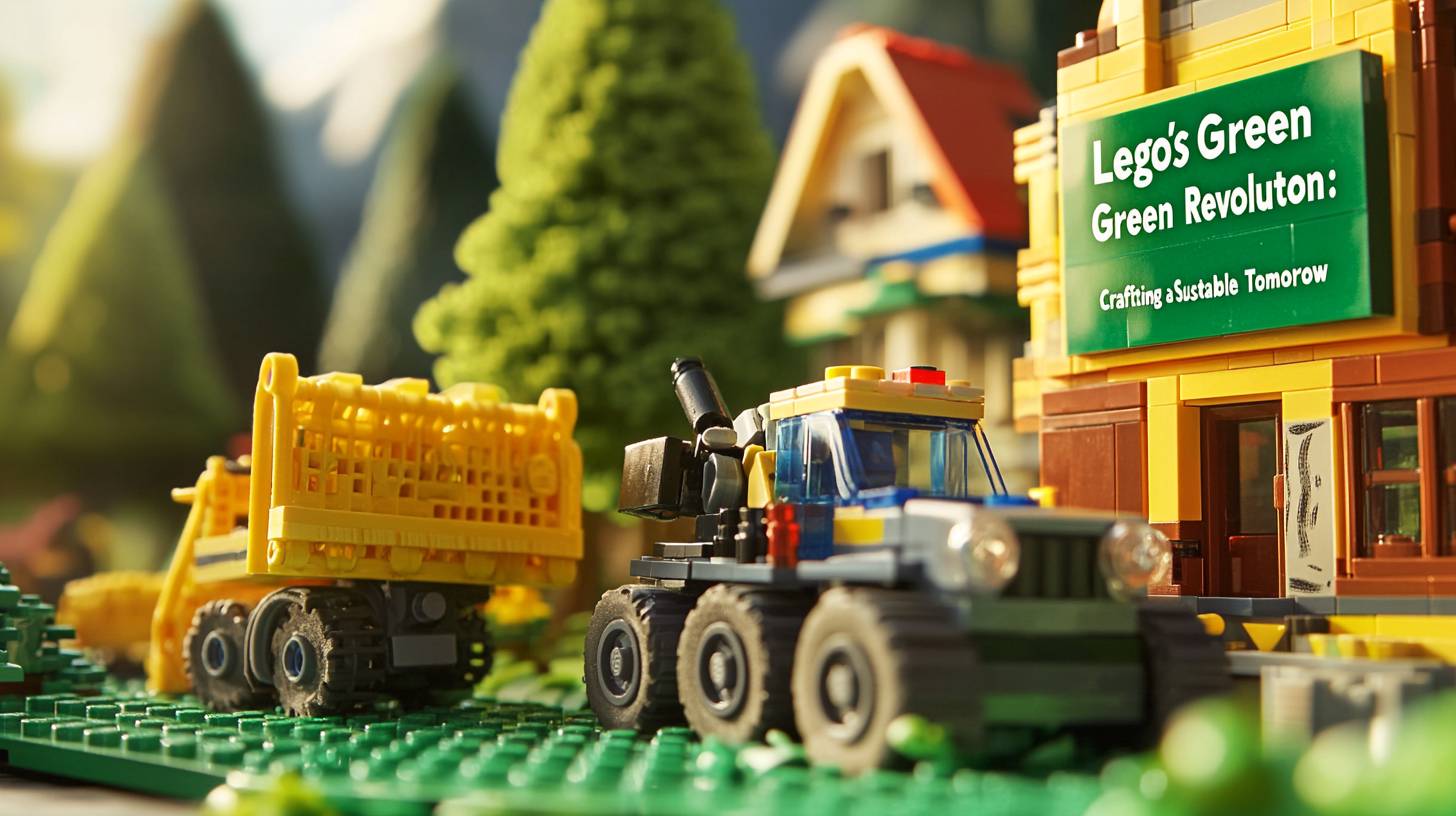
Dow Jones reaches all-time high despite retail sector anxieties
The Dow Jones Industrial Average has achieved its third record closing high this week, while uncertainties within the retail sector persist. A significant entity in the U.S. discount retail arena, Dollar General, has fallen short of Wall Street’s projections for both revenue and earnings. The company has attributed its poor performance to the economic struggles experienced by its primary low-income clientele.
Investors reacted swiftly, resulting in a drastic 30% plunge in Dollar General’s stock value. This notable drop highlights the larger obstacles confronting the retail industry, particularly in areas serving economically disadvantaged consumers. The challenges faced by Dollar General could act as a warning for Australian retailers, especially those in the discount sector, as they contend with similar economic issues.
Lego vows to pursue sustainability through significant investment
Lego, the Danish toy manufacturer famous for its vibrant plastic bricks, is undertaking a substantial effort towards sustainability, a transformation that could hold considerable ramifications for the global toy market, including Australia. The company is diligently investigating renewable and recycled plastic substitutes as it seeks to eliminate oil-based bricks by 2030. This shift forms part of Lego’s comprehensive promise to utilize only renewable and recycled materials for all its products by 2032.
Although the transition to more sustainable materials is anticipated to raise production costs, Lego’s financial health remains strong. The company reported a 14% increase in sales during the first half of the year, a significant contrast to the declining demand faced by other toy manufacturers. This growth indicates that consumers, including Australians, are progressively prioritizing sustainability, even at a premium price.
Lego’s dedication to sustainability transcends mere corporate responsibility; it is also a reaction to the rising environmental awareness among its younger audience. According to the company’s website, Lego receives countless letters annually from children proposing ways to positively impact the environment. In response, Lego has increased its sustainability expenditures by 60% in 2023 compared to the previous year, with a goal to double this investment by 2025.
This initiative by Lego could set a standard for other toy manufacturers, including those in the Australian market. Hasbro and Mattel, two of Lego’s main competitors, have also revealed their own sustainability programs. Hasbro is integrating more sustainable elements into its toys, while Mattel has outlined ecological initiatives scheduled to commence at the decade’s start. As these influential corporations advance with their sustainability plans, Australian toy-makers may need to adapt similarly to stay competitive in a market that is increasingly focused on ecological awareness.

